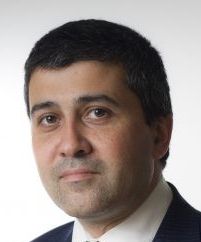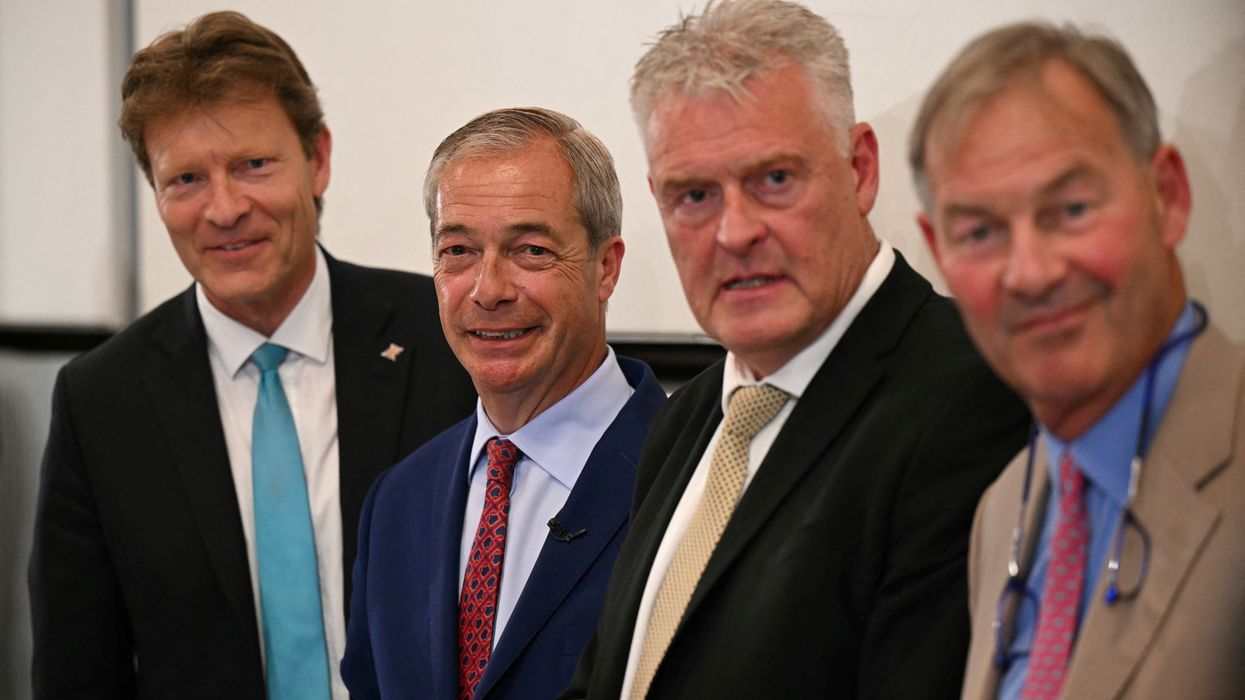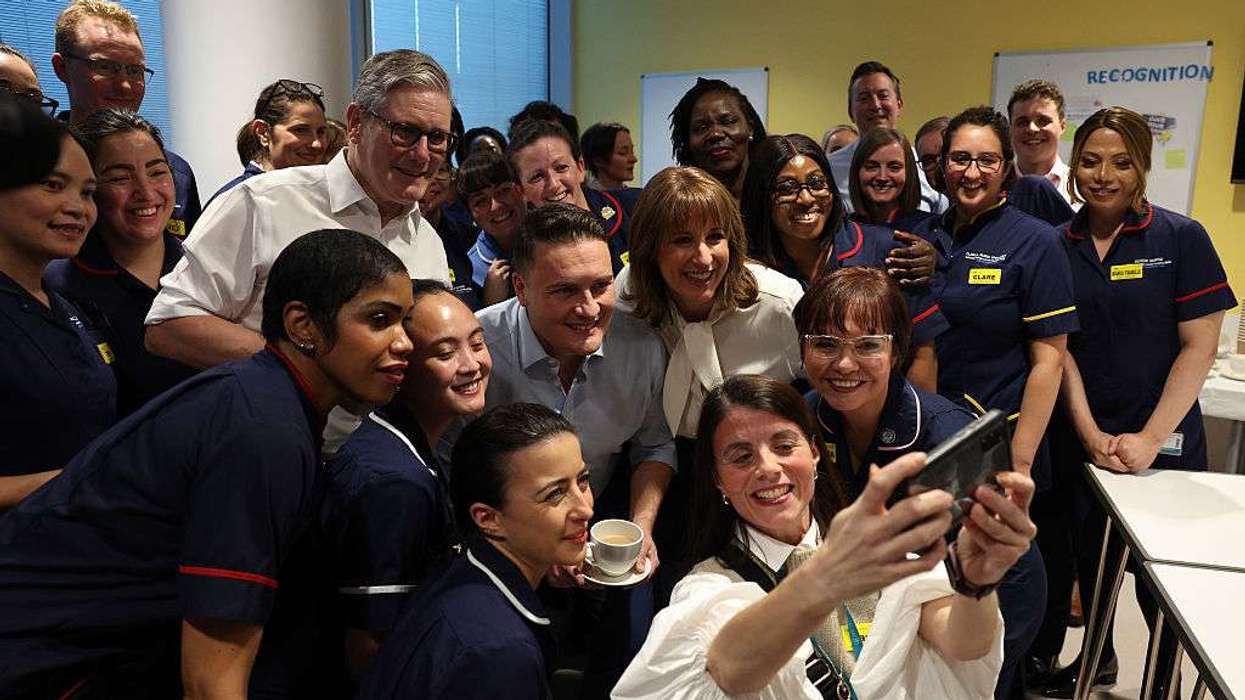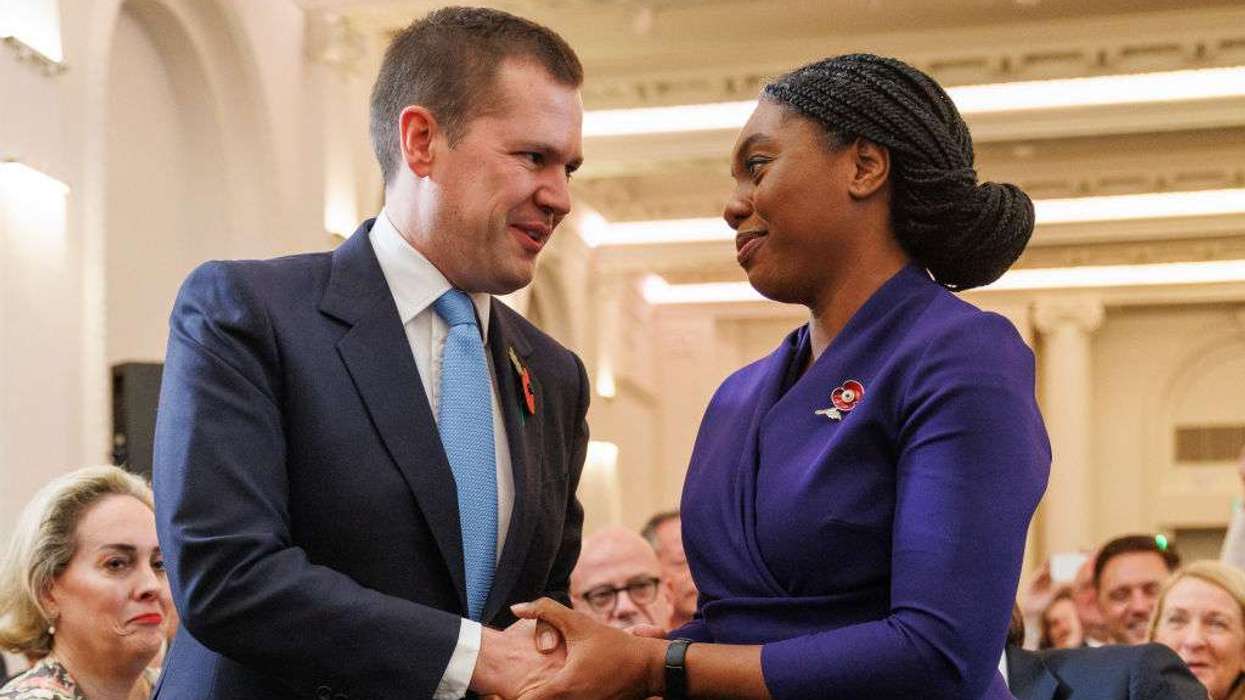IT took Nigel Farage 30 years to get elected as an MP until the voters of Clacton sent him to the Commons on his eighth attempt last summer. Having broken through by getting five Reform MPs, Farage has taken every opportunity to stoke the media hype in which supporters fantasise and his critics fear a populist wave could sweep him all the way into Downing Street next time. But there has been something of a reality check this month – with the new party splitting as relationships broke down between the leader and Rupert Lowe, the former Southampton FC chairman elected in Great Yarmouth.
The Farage-Lowe battle has many dimensions. It can be seen as a personality clash of political egos – which escalated after US billionaire businessman, Elon Musk, decided he preferred Lowe to Farage. It is an argument about Farage’s control of Reform’s structures – and the slow progress in giving party members any role. The Reform leadership says it is about personal conduct – even reporting Lowe to the police for alleged threats to party chair Zia Yusuf – but acted against Lowe only when he criticised the leader.
The clash is also about the boundaries of democratic politics. Reform is a populist party that prides itself on saying things the traditional parties are afraid to say. Yet, the question is how far to take that. Lowe accuses Farage of trying to mute his voice. But what did he want to say that Farage felt crossed the boundary? It is not an argument about whether to campaign for much lower immigration – reducing net migration to zero is the party’s flagship theme – but about how far to go in campaigning for mass deportations too.
Lowe is much warmer about Tommy Robinson than Farage, who sees association with the former EDL leader as toxic. On mass deportations, Lowe wants to emulate US president Donald Trump, so argues the government should try to remove anybody without legal status. The clarity of the argument makes this an attractive rhetorical talking point for a populist opposition party – with less pressure to grapple with the legal, practical and financial hurdles which would make this impossible. Given actual cases to consider, the public do not consider a blanket removals policy fair, either. Lowe goes furthest in his anger over grooming. Deporting convicted foreign nationals has almost universal support.
Reform wants to denaturalise dual citizens to do that too. Lowe clashed with Farage by proposing to deport family members of those convicted too. There are laws on the statute book available to prosecute people who aid and abet a perpetrator – but even a couple of dozen convictions would be unlikely. Lowe’s ostensible argument for targeting those complicit was shattered when he said on social media, “If whole communities have to be deported, then so be it”. Was this a mere rhetorical flourish? The MP here reinforces a prejudiced trope – they must all have known – to fly a “send them all back” kite that could apply to half a million people born in Pakistan. (“Whole communities” would include another million people born here too). That Lowe also proposes a complete visa ban from Pakistan until it takes perpetrators back is self-evidently a proposal to discriminate against those with no connection to grooming (child sexual exploitation) crimes.
Lowe’s statement is being celebrated by hardcore racists who fantasise about ‘remigration’ meaning not only failed asylum seekers, but all legal migrants and British-born ethnic minorities, abusing us with deportation threats on social media. There are specific cultures of misogyny in British Asian communities that must be tackled. Our society was too slow to act on the abuse of children. From care homes to private schools, from churches to football clubs, the instinct in every setting was too often to sweep things under the carpet.
Southampton FC apologised in 2021 for decades of inaction on one of football’s most notorious cases of turning a blind eye – including on Lowe’s watch as chairman in 1997. Lowe’s contribution to that institutional failure of governance primarily involved sins of omission. He has said little about that. Nor does he speak of deporting Archbishops, or whole Catholic communities either. Lowe’s political future is unclear. There seems no way back to Farage’s Reform. A new party sounds quixotic. His strong local profile in Great Yarmouth could make it viable to run as an independent. Some senior Conservatives hope to recruit him - though Reform insiders warn they may find him “unwhippable” within months.
What Lowe must decide is whether he is a mainstream politician or an ally of Robinson and extreme movements. Anger at grooming is legitimate – when it targets perpetrators and those actually complicit. But Lowe should rethink his language. There should be no place in the democratic mainstream for this sweeping new form of 21st century Pakistani-bashing that uses the harrowing tragedy of child sexual exploitation and abuse to echo the “send them all back” tropes of the 1970s National Front.

Sunder Katwala is the director of thinktank British Future and the author of the book How to Be a Patriot: The must-read book on British national identity and immigration




